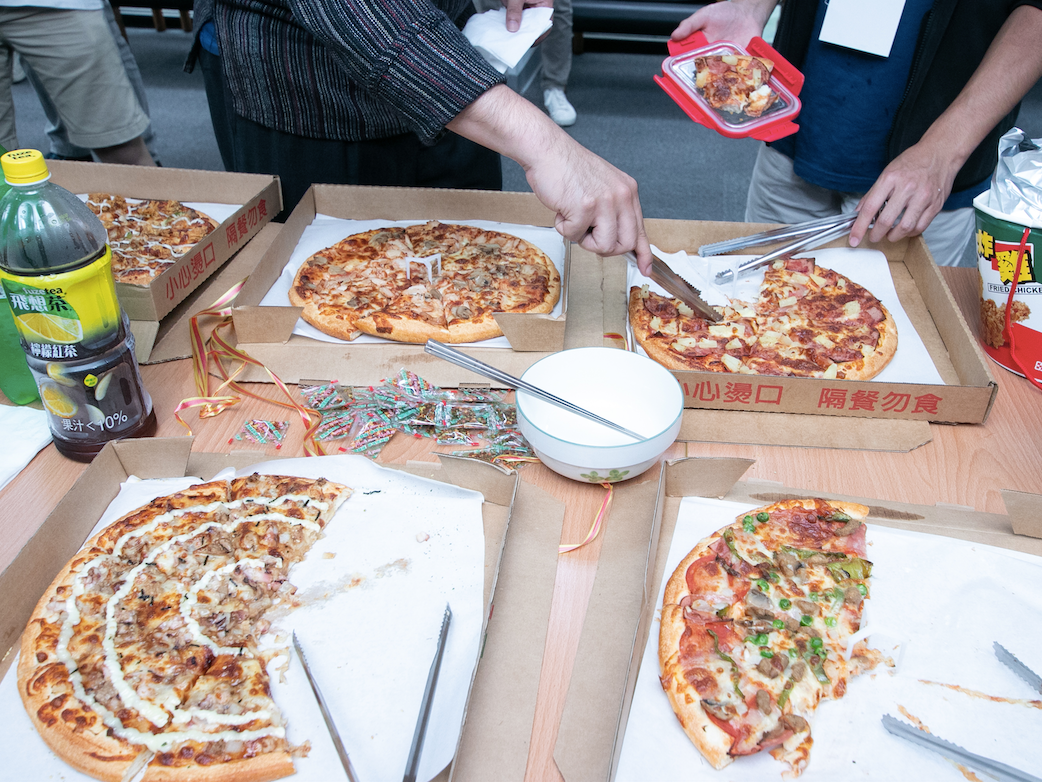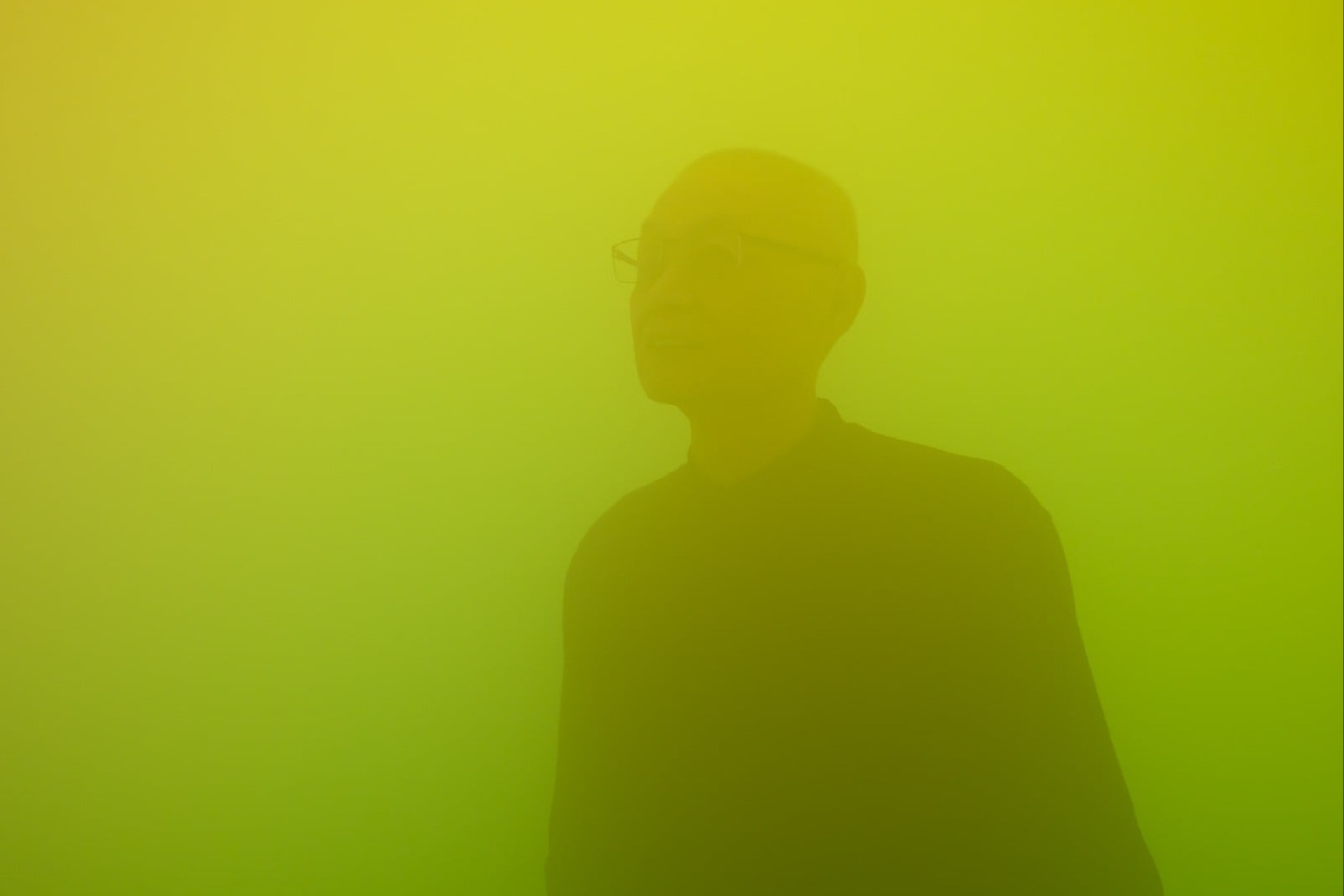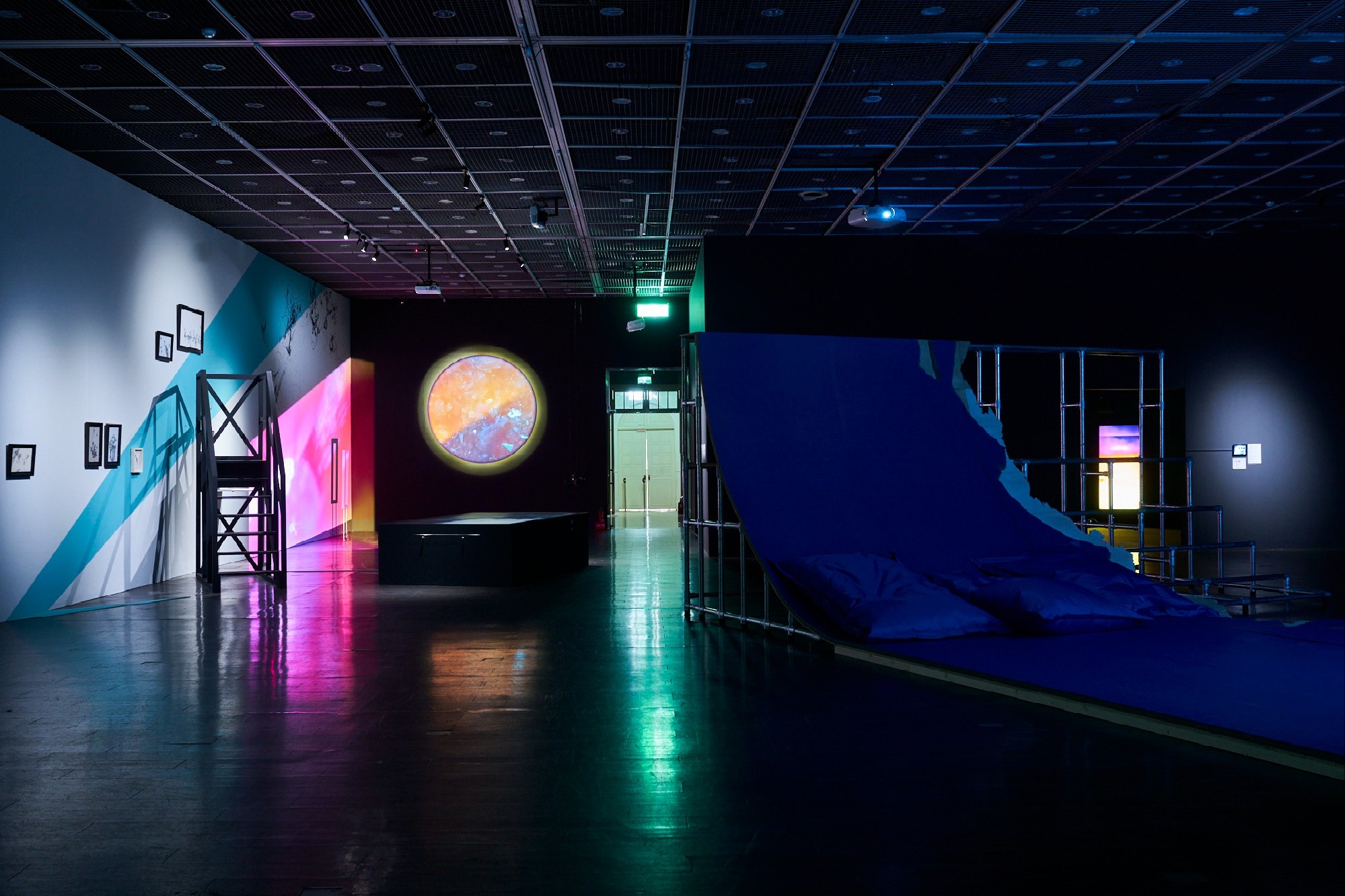From Administrative Logistics to Project Collaboration, the Delightful Role of Being the
By the conclusion of 2012, g0v was established, carrying on the "open source" philosophy. Together with OKFN in Europe and Code for America in the United States, g0v has quickly established itself as one of the top three decentralized civic tech communities in the world. This has only taken three and a half years. It serves as both an inspiration for the establishment of the RC Culture and Arts Foundation and as a vision for the future.
Along with political issues, we noticed a strong cross-disciplinary collaborative energy in the 2014 Sunflower Student Movement. Engineering and technical experts contributed their expertise to help build an information aggregation system that quickly distributed on-site information and material needs. We identified members of the "g0v zero-time government" community, including Chia-Liang Kao and Hsiao-Wei Chiu (the g0v community emphasizes decentralization and they insist on not being referred to as representatives or leaders), after the event and expressed the willingness of RC Philanthropic Venture Capital to provide support even if they could not take part in problem-solving efforts.

"Recognize that you are the "no one" before asking why no one else is doing it! Nobody has absolute power." - g0v.
The development of software, businesses, and even governments have been influenced by the trend of "openness, transparency, and sharing." In the age of massive information, the movement aims to control the digital surveillance of the state and actively demands government information accessibility, transparent governance, and user-friendliness. This is especially true with the "g0v," which advocates for civic technology and collective collaboration to transform government information. The Open Culture Foundation (OCF) was subsequently founded, which was a crucial first step in coordinating Taiwan's civic technology organizations. We act as the "invisible hand" in administrative logistics support, causing things to happen.
The development of software, businesses, and even governments have been influenced by the trend of "openness, transparency, and sharing." In the age of massive information, the movement aims to control the digital surveillance of the state and actively demands government information accessibility, transparent governance, and user-friendliness. This is especially true with the "g0v," which advocates for civic technology and collective collaboration to transform government information. The Open Culture Foundation (OCF) was subsequently founded, which was a crucial first step in coordinating Taiwan's civic technology organizations. We act as the "invisible hand" in administrative logistics support, causing things to happen.
"Our perception of culture has been expanded by the Open Culture Foundation which is a organization registered with Taipei City Department of Cultural Affairs. In addition to fostering artistic endeavors, it also stimulates cultural movements and reflection on what culture is.”
We have given serious thought to what information accessibility implies as a result of exposure to an open culture. Is it represented by the bulletin board outside the office of the township chief, the classifieds section of an unidentified newspaper, or the unsearchable data on the government website? The GC Gift Exchange platform introduces a space-sharing program app called "Leju (Taipei Red Not Yielding)." It is a searchable database for Taipei's legal yellow and red line zones. It also exposes the illegal traffic signals in Taipei on a map made by the citizens, for instance, taking pictures of "Do Not Park in Front of Garages" and "Road Hog". These are just a few examples of how we have drawn on our own experiences to take action.
We have given serious thought to what information accessibility implies as a result of exposure to an open culture. Is it represented by the bulletin board outside the office of the township chief, the classifieds section of an unidentified newspaper, or the unsearchable data on the government website? The GC Gift Exchange platform introduces a space-sharing program app called "Leju (Taipei Red Not Yielding)." It is a searchable database for Taipei's legal yellow and red line zones. It also exposes the illegal traffic signals in Taipei on a map made by the citizens, for instance, taking pictures of "Do Not Park in Front of Garages" and "Road Hog". These are just a few examples of how we have drawn on our own experiences to take action.
In addition to our own experimental actions, open culture for us goes beyond discussing the neutral presentation of information, and is a civic practice of cooperation, autonomy, mutual aid, and responsibility in the collaborative process. The ultimate concern is still to achieve multi-directional communication and the ideal form of true democracy in society. Therefore, we have embarked on new endeavors, actively engaging with teams focused on information visualization, emerging media, and trends that emphasize cross-domain cooperation. We have established the Open Culture Foundation as a priority for sponsorship, and aim to support and build the cultural ecosystem.
Visit g0v
延伸閱讀
READ MORE

A Foundation Is Also a Part of Society and Can Even Have Their Own Personalities as a Juridical Person – Paper Windmill Truck Art Project.

Not Only Concerned with the Views of the World but Also Challenging the Way We View the World: the Philosophy of Art Collection.

A Leader of Contemporary Art — Helping Taiwanese Art Connects to the World.

